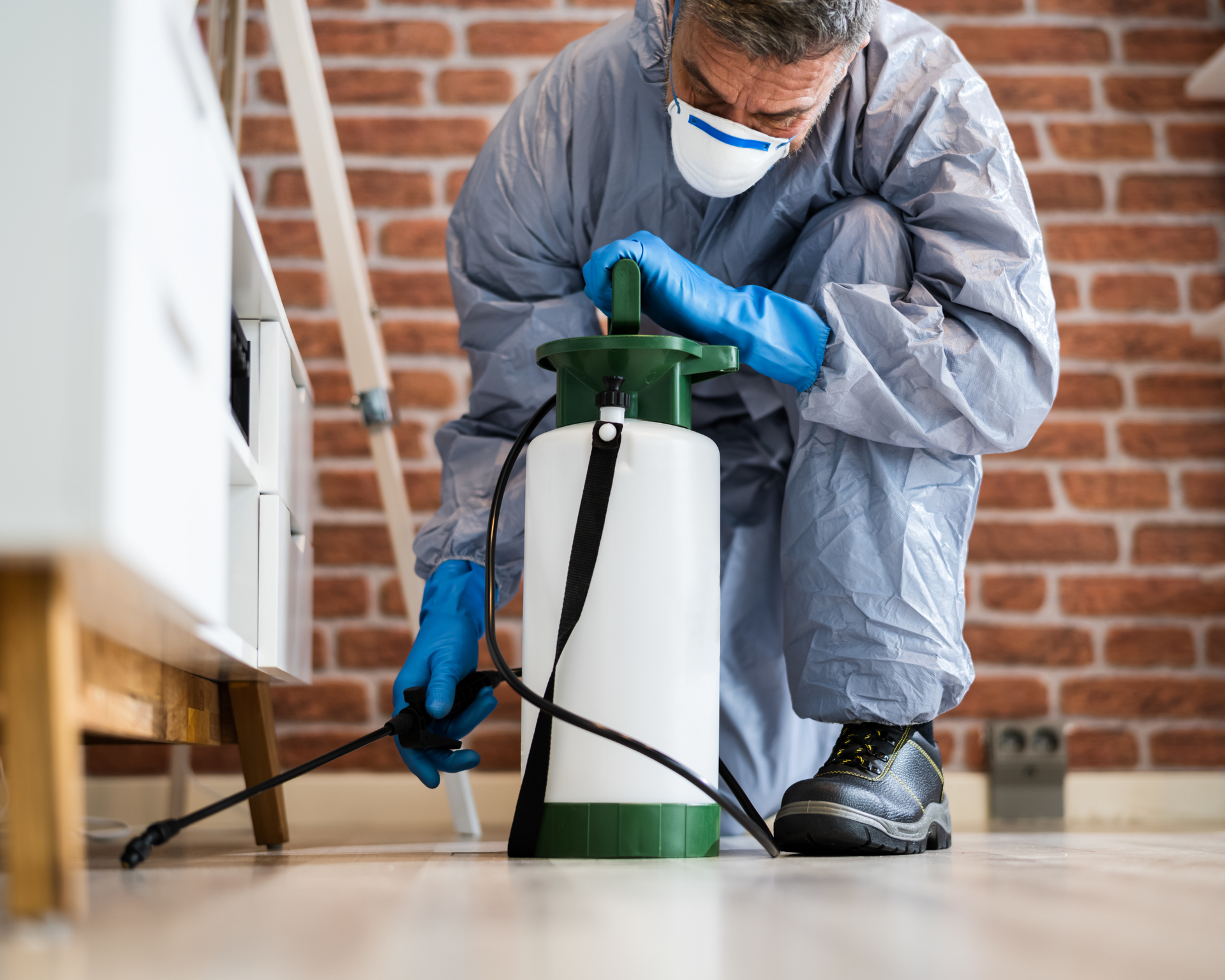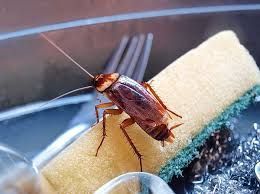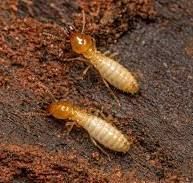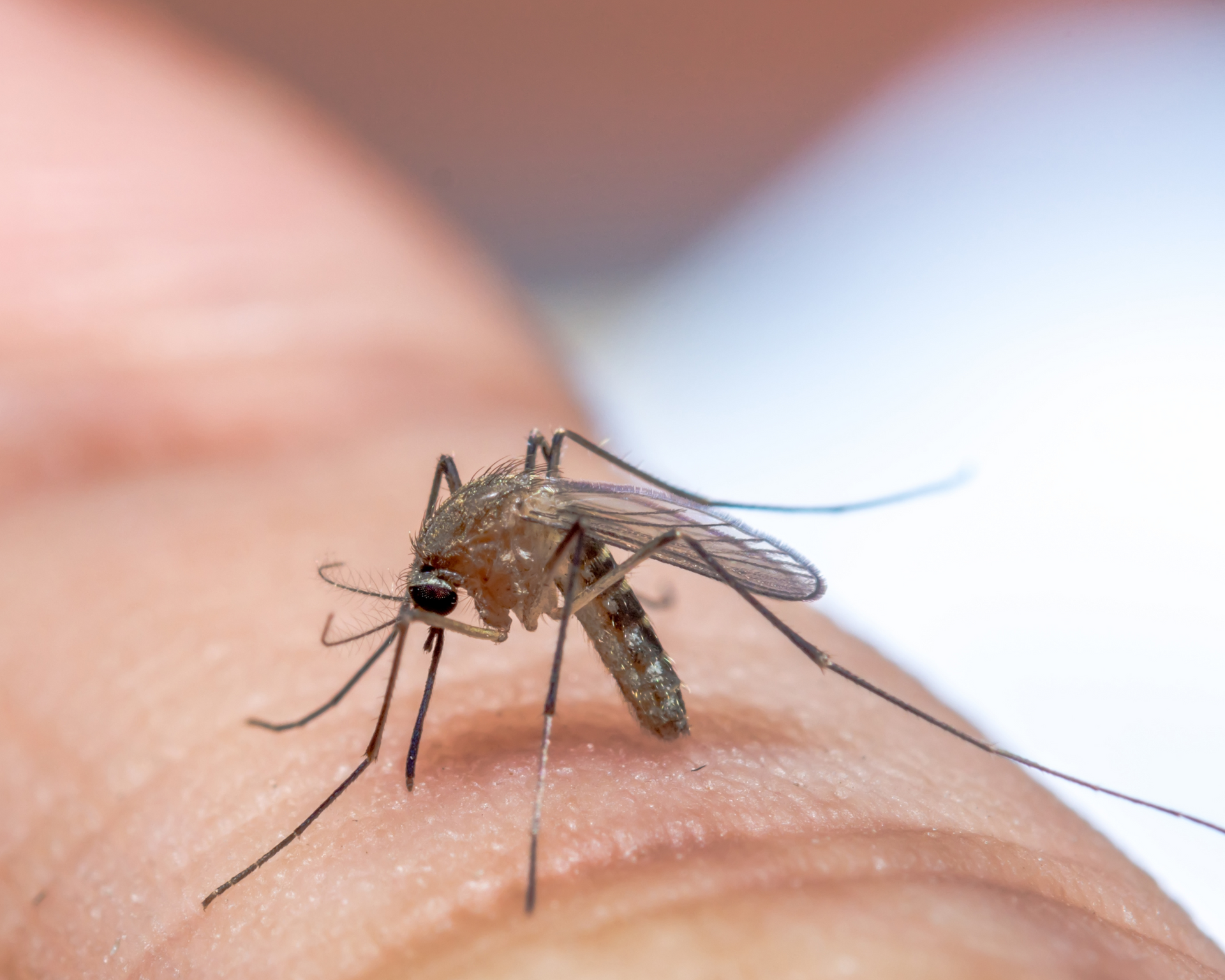Will Spraying Vinegar Keep Rats Away?
Spraying Vinegar To Get Rid Of Rats
Rats can be a troublesome nuisance in any home, bringing disease, gnawing on electrical wires, and leaving droppings behind. If you’ve spotted signs of rat activity, you may be seeking a natural solution to ward off these unwanted visitors. Vinegar, a common household item, is often touted as a natural remedy to repel rats. But does it really work, or should you rely on a
pest control company for a more comprehensive approach? Here’s what you need to know.
Why Vinegar Works as a Deterrent
Vinegar’s strong, pungent smell is a major reason it can act as a rat repellent. Rats have an acute sense of smell, and vinegar's sharp odor can overwhelm their sensitive noses, making it less likely that they will want to linger or nest in treated areas. When used correctly, vinegar can be a helpful part of a broader rat-control strategy.
How to Use Vinegar to Repel Rats
1. Vinegar-Soaked Cotton Balls
One effective method for using vinegar is to soak cotton balls in white vinegar. Once saturated, place these cotton balls near areas where you have noticed signs of rat activity, such as droppings or chew marks. The smell will be strongest near these areas, potentially deterring rats from returning. This method also works well for absorbing and neutralizing rat urine odors

2. Vinegar Cups
If you don’t have cotton balls, you can use small cups or containers filled with vinegar. Place these cups in spots where rats are likely to travel or hide, such as under sinks, in dark corners, or behind large appliances. The open containers release the strong odor of vinegar, creating a barrier that may discourage rats from approaching. Just be sure to replace the vinegar weekly, as the scent will fade over time.
3. Vinegar Spray
A vinegar spray can also be a handy tool. Mix equal parts vinegar and water in a spray bottle, then add a teaspoon of salt. Shake well before using. Spray this solution around entry points, along baseboards, and in any area where you suspect rat activity. In addition to acting as a deterrent, the spray helps clean and sanitize surfaces rats may have contaminated.
Limitations of Vinegar as a Rat Repellent
While vinegar can serve as a natural deterrent, it may not be a foolproof solution for a serious rat infestation. Rats are highly adaptable and may become accustomed to certain smells over time, reducing vinegar’s effectiveness. Additionally, vinegar works best as a deterrent in enclosed or controlled areas; its impact outdoors or in large, open spaces may be limited.
Combining Vinegar with Other Control Methods
To maximize your efforts, consider pairing vinegar use with other preventative measures:
- Declutter your space: Minimize hiding spots for rats by keeping areas clean and free of clutter.
- Seal entry points: Use caulk, steel wool, or hardware cloth to block any gaps or cracks where rats could enter your home.
- Limit food sources: Keep food in airtight containers, wipe up crumbs, and eliminate standing water.
For severe infestations or if you’ve tried multiple DIY remedies without success, it may be time to contact a pest control professional. They can assess your specific situation and offer targeted solutions to eradicate the problem.
Want To Learn More? Contact Us
Spraying vinegar can be a helpful natural deterrent to keep rats at bay, but it is not a guaranteed fix. Combining vinegar with other preventive measures gives you the best chance at a rat-free home. Stay persistent, and don’t hesitate to seek expert help if needed.
Contact Us for additional advice on pest control treatments and safety protocols, feel free to reach out to our team. We’re here to help keep your home safe, comfortable, and free from pests with our reliable and eco-friendly solutions. And we are more than happy to provide you with our best pest control services.
Our Additional Posts On Pest Control
Copyright © 2024 - St Augustine Pest Control by NFLP All Rights Reserved







